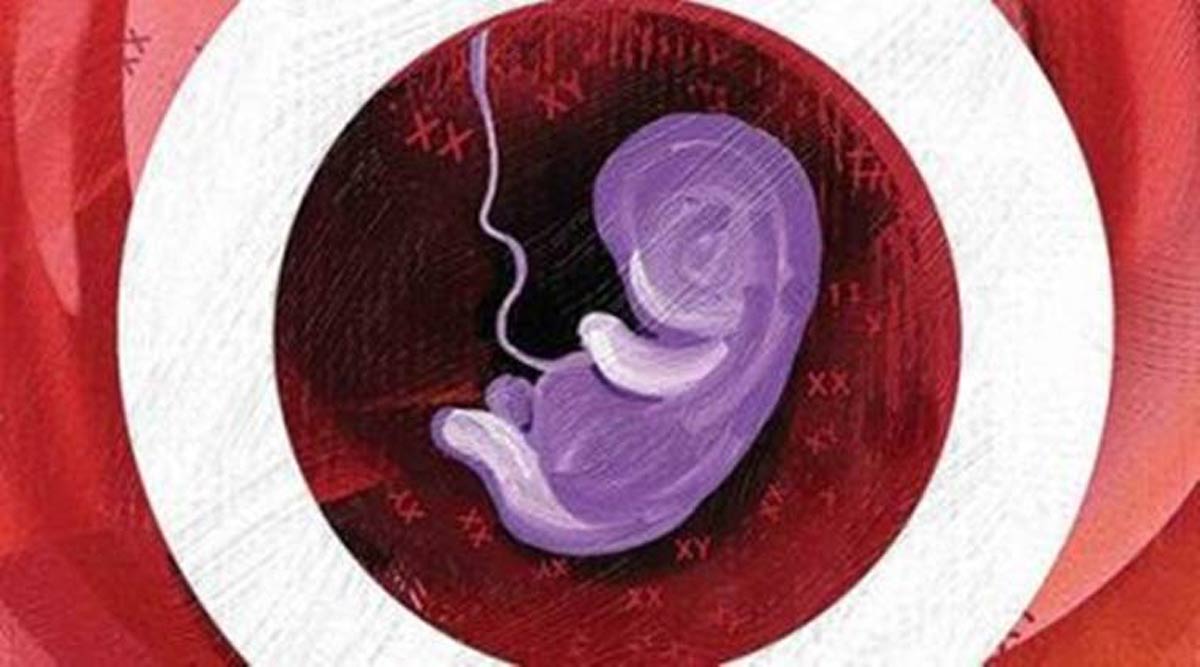 The PC-PNDT cell at the PMC comprised a team of four doctors and infrastructure such as dedicated vehicles to visit sonography centres and check whether illegal sex determination was being conducted and whether medical records were maintained properly. (Illustration)
The PC-PNDT cell at the PMC comprised a team of four doctors and infrastructure such as dedicated vehicles to visit sonography centres and check whether illegal sex determination was being conducted and whether medical records were maintained properly. (Illustration)In a major decision, the Pune Municipal Corporation (PMC) has decentralised the working of its dedicated Pre-Conception and Pre-Natal Diagnostic Techniques (PC-PNDT) Act cell, set up to stop female foeticides and arrest the declining sex ratio, by authorising ward medical officers in place of a dedicated team.
The PC-PNDT cell at the PMC comprised a team of four doctors and infrastructure such as dedicated vehicles to visit sonography centres and check whether illegal sex determination was being conducted and whether medical records were maintained properly.
Municipal commissioner Vikram Kumar on Tuesday issued an order saying medical officers of all the 15 ward offices in the city have been directed to enforce the PC-PNDT Act as well as the Medical Termination of Pregnancy (MTA) Act. They have also been asked to identify and take action against bogus doctors in their respective jurisdictions.
“The authorised ward medical officers have to carry out their responsibilities to implement PC-PNDT Act and MTP Act on the directions of the respective head of the department,” Kumar said.
Subscriber Only Stories
Social activist Kiran Moghe said that the dedicated PC-PNDT cell was constituted as per the recommendations of the central government. “The dedicated PC-PNDT cell was doing good work and should continue to effectively implement the Act and stop female foeticide. With the decentralisation, the cell will not have proper control over the implementation of the PC-PNDT Act and the MTP Act,” she said.
Another activist Varsha Deshpande, meanwhile, welcomed the PMC move saying the same was done in Brihanmumbai Municipal Corporation (BMC) and Thane Municipal Corporation (TMC). “The demand for decentralising the implementation of the PC-PNDT Act was going on for a long time. It will ensure effective implementation of the law and stop the illegal practice of sex determination as well as stop female foeticide,” she said, adding the larger civic jurisdiction was putting too much load on the dedicated cell and decentralisation would help in the proper implementation of the law.
“It will help the hospitals to submit their records to their ward office much faster and also help the ward medical officers to effectively monitor the license holder under PC-PNDT Act and MTP Act,” Deshpande said adding the PMC should also constitute an advisory committee at each ward for making decentralisation more effective.
“The ward medical officers are already overburdened with the implementation of various health programmes and schemes of the civic body, state government and Union government. The implementation of the PC-PNDT Act and the MTP Act needs focus and dedicated time. Its purpose will get lost when expected to be implemented by a ward medical officer responsible for all kinds of health issues and programmes in the ward jurisdiction,” said a ward medical officer.
The PMC also directed the ward medical officers to find bogus doctors operating in their respective jurisdiction and take action against them.
The PC-PNDT Act, 1994, prohibits sex selection, before or after conception, and regulate pre-natal diagnostic techniques to detect genetic abnormalities or metabolic disorders or chromosomal abnormalities or certain congenital malformations or sex-linked disorders and for prevention of their misuse for sex determination leading to female foeticide. The MTP Act allows all women to seek safe abortion services on grounds of contraceptive failure, and increase in gestation limit to 24 weeks for special categories of women.
- The Indian Express website has been rated GREEN for its credibility and trustworthiness by Newsguard, a global service that rates news sources for their journalistic standards.

